Community Leaders Confront Different Yom Kippur
This year’s holiday has provoked a rethinking of what’s important this year.
For three important Atlanta community leaders, this year’s holiday of Yom Kippur is being experienced like none in recent memory.
Rabbi Joshua Lesser, the senior rabbi of Congregation Bet Haverim, has had to cope with all the challenges of a synagogue beset by all the challenges posed by social distancing and sheltering at home.
At Jewish Family & Career Services, Rabbi Judith Beiner has connected mostly through the telephone or teleconferences with those in need of religious counseling and spiritual help.
While professor Jacob Wright, a leading scholar of the Hebrew Bible at Emory University, has had to try to incorporate the contemporary lessons of the pandemic into his virtual classroom. We asked each of them to reflect on how this Yom Kippur was unique.
AJT: What is different about this year’s holiday?
Lesser: What I would say is different about this year is that if you didn’t believe that Yom Kippur had the potential to be life changing, you might think that now. I think that what we’ve been experiencing drives home the Yom Kippur messages of mortality and the fragility of life so powerfully that it’s almost as if Yom Kippur was designed for this particular moment.
Wright: It is hard not to believe in God right now. And for me, I feel a spiritual presence very much in force. I don’t know if it’s in control. I do know that it’s there. During this Yom Kippur I see a kind of a divine light in the world and that despite all of that awful yuck out there, there are these sparks of the divine to be seen as well.
Beiner: And those words: Who shall live and who shall die become extraordinarily powerful. The way I read it, we don’t have control over so much of our lives right now, and yet as the prayer says: with teshuvah, a return to more spiritual life, tefillah, prayer, and tzedakah, charity, you do have control. We do have control over our daily activities.
AJT: What are you doing and feeling that’s different this Yom Kippur?
Wright: I am much more aware of what we call “chesbon nefesh,” a
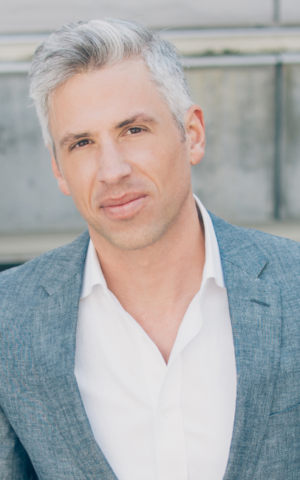
reckoning of the soul that we do in preparation for the high holidays. And one cannot help but do that right now. I think the whole country is doing that. I feel very spiritual in a way that I haven’t for years.
Beiner: I feel very connected to people even though we all might be literally sitting in different rooms. But in some sense, we are all connected by our worries and feel a lot of angst about the same things.
Some people whom I’ve spoken to as the community rabbi say they have been out of work for a longer period of time than they ever have been in their adult life. They’re worried about how they’re going to make it.
I speak to people who have normal life’s losses, you know, losing spouses or parents, people going through divorce, people dealing with what, in normal times, are difficult situations. But something about a divorce or a death now is made all-the-more difficult. Because of that, people feel the need to talk. More than ever, they need to talk about what they are going through.
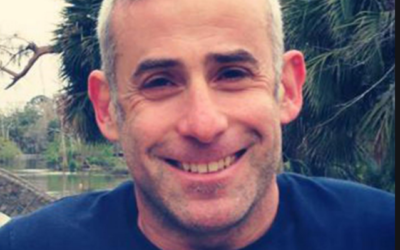
AJT: How do you see the future?
Lesser: I have a course that I want to set for myself this year. It is about strengthening my heart with courage and understanding. I want to make hope a practice, not as a feeling.
There’s a text from Rabbi Nachman of Breslov, who essentially says if you believe that you can destroy, then you must believe that you can repair.
This is a moment that calls for a sense of deeper connection to self and to God. And so, it feels like a gentler Yom Kippur. It feels like this is a Yom Kippur War where there’s the potential for healing.
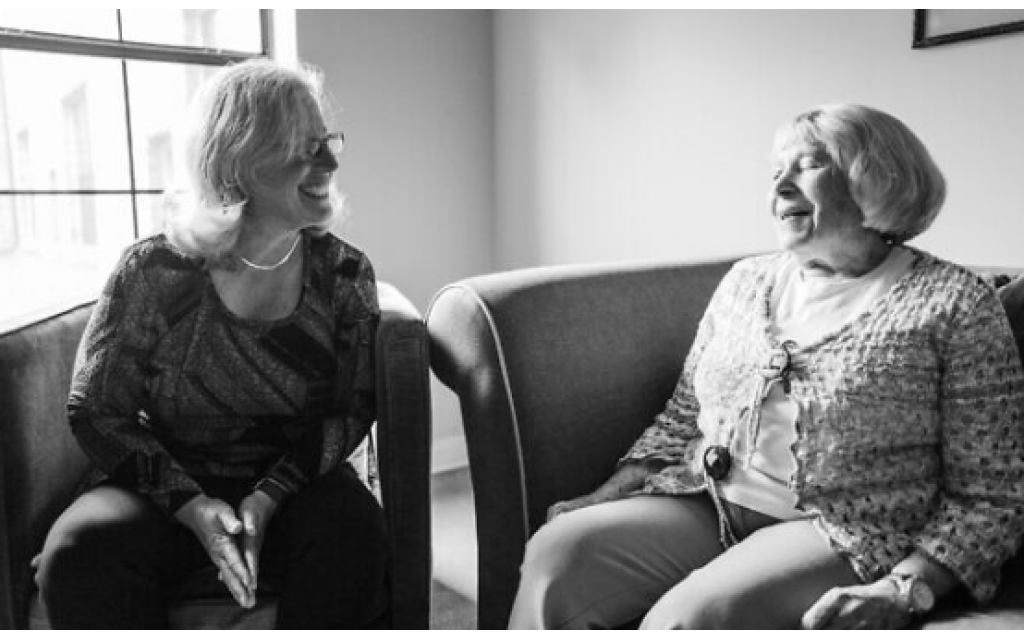
Beiner: One of the things that I’ve been talking about and trying to internalize for myself is that, as much as everything is different about the holidays this year, there is much that is still the same. That most specifically refers to the reflective work that we’re supposed to do. That this is a time of personal introspection hasn’t changed. It’s just that we’re all missing the community impact that we normally have at this time.
The externals are different, but the internal work is still very much the same.
Wright: I feel very alive right now. I think we’re going to be talking about what we’ve experienced for many generations to come.
What I mean by that is whatever bad forces are at work right now, they’re not going to win out. We will conquer them. I’m confident of that. ⎧



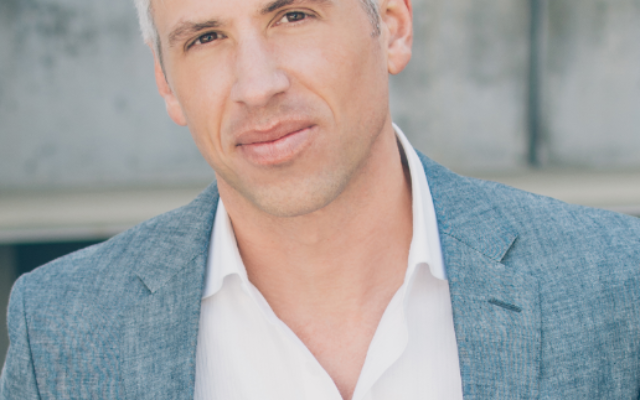
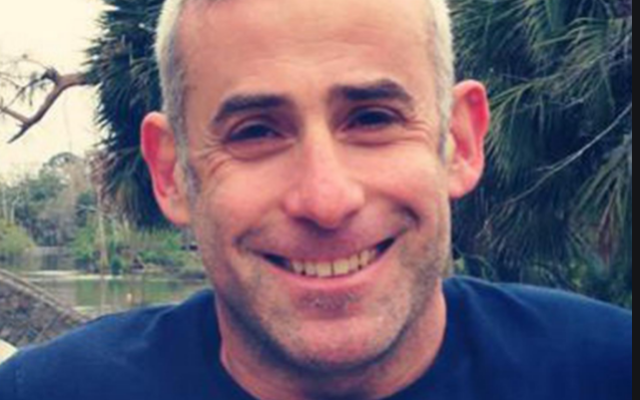
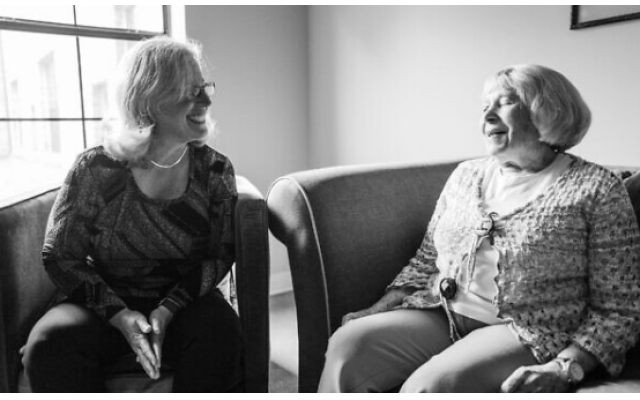
comments